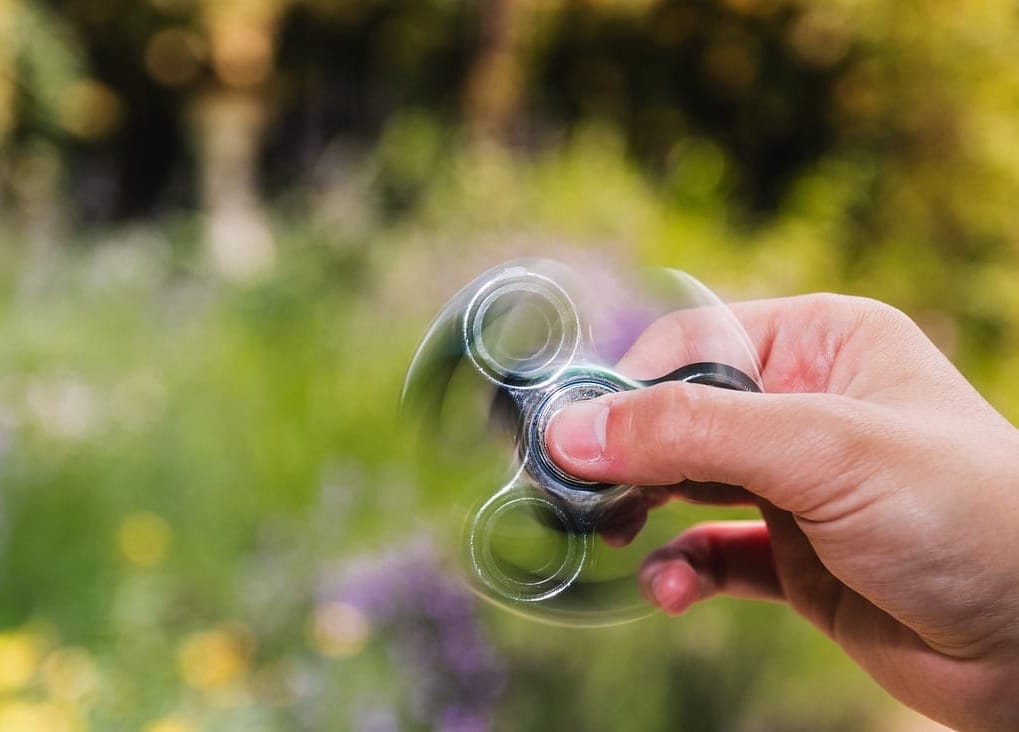Misokinesia: When repetitive movements drive people crazy

Misokinesia is a condition where people are highly sensitive to others’ repetitive movements, like fidgeting or tapping. These movements trigger intense emotional reactions, including discomfort, anger, and distress.
In this qualitative study, a group of people suffering from misokinesia was interviewed to explore the experiences of those with misokinesia sensitivity and to understand its causes and impacts better.
The emotional and social struggles
For many individuals with misokinesia, the internal emotional and cognitive responses to seeing repetitive movements are overwhelming.
The people in the study described their reactions as extreme, including feelings of rage, disgust, and physical discomfort, such as nausea. These emotions were sometimes paired with violent thoughts towards the person causing the disturbance.
Socially, misokinesia leads to difficulties in maintaining relationships, particularly with family members. Some individuals reported that their sensitivity was strongest around certain family members, causing tension and awkwardness.
While some people found it hard to explain their condition to others, many reported that sharing their struggles with close ones led to greater understanding and more supportive relationships.
The impact on daily life and coping mechanisms
Misokinesia has a profound impact on daily activities. People with this condition found focusing challenging once a triggering movement was noticed.
Their attention became consumed by the movement, making it impossible to ignore. The triggers were not limited to human actions; even the movements of animals or animated characters could provoke a strong reaction.
To manage these overwhelming feelings, individuals employed various coping strategies. Some tried to avoid environments where they might encounter fidgeting, while others focused on techniques like blocking out visual stimuli or controlling their breathing to calm down.
These strategies reflect the need for intervention to alleviate the distress caused by misokinesia.
Understanding and intervention
In a larger study, approximately one-third of otherwise healthy participants self-reported some degree of sensitivity to seeing the repetitive, fidgeting behaviors of others as encountered in their daily lives.
But even though it may be surprisingly common in the general population, misokinesia is still a poorly understood condition.
Future research should focus on the underlying mechanisms of misokinesia, including how people react to movements and how to address the social, psychological, and physiological aspects of the condition.
About the scientific paper:
First author: Sumeet M. Jaswal, Canada
Published in: PLoS ONE, December 2024
Link to paper: https://journals.plos.org/plosone/article?id=10.1371/journal.pone.0313169




Comments ()